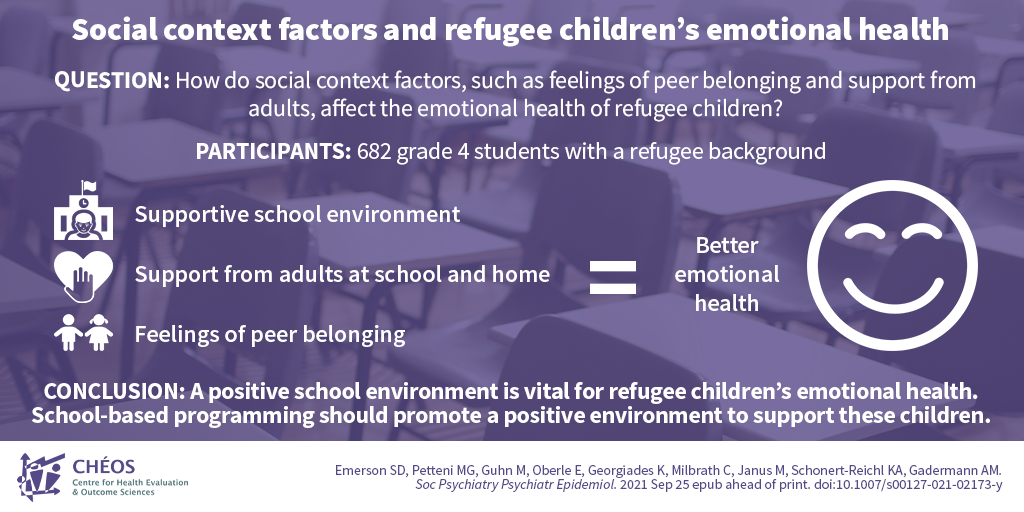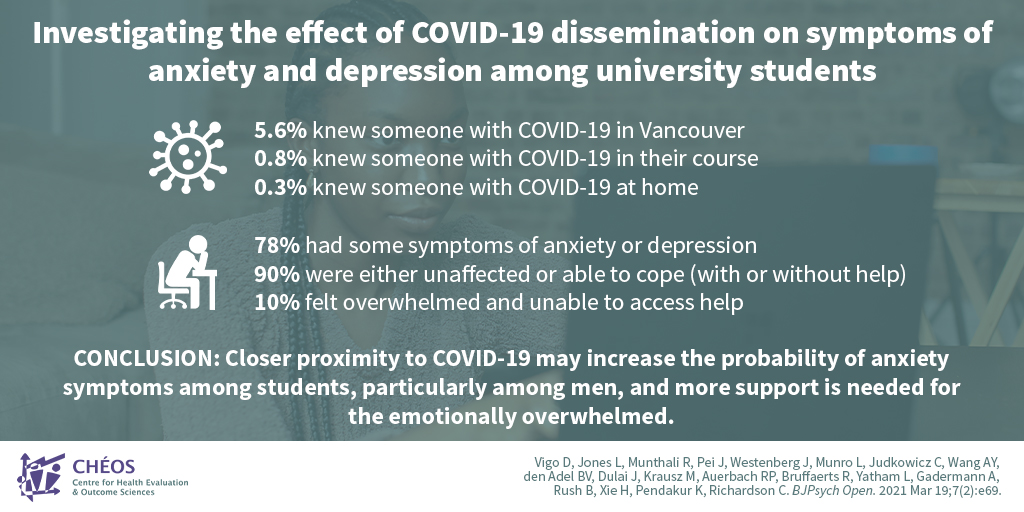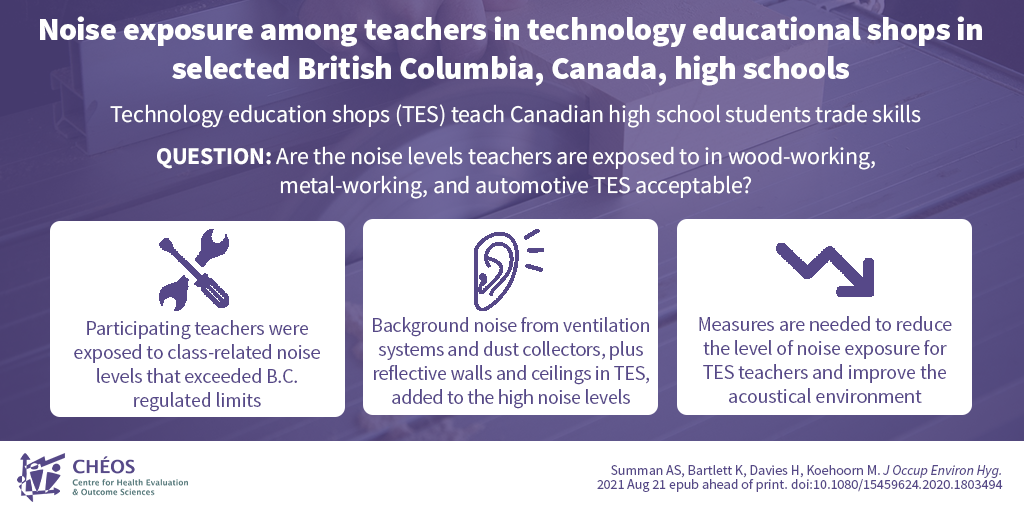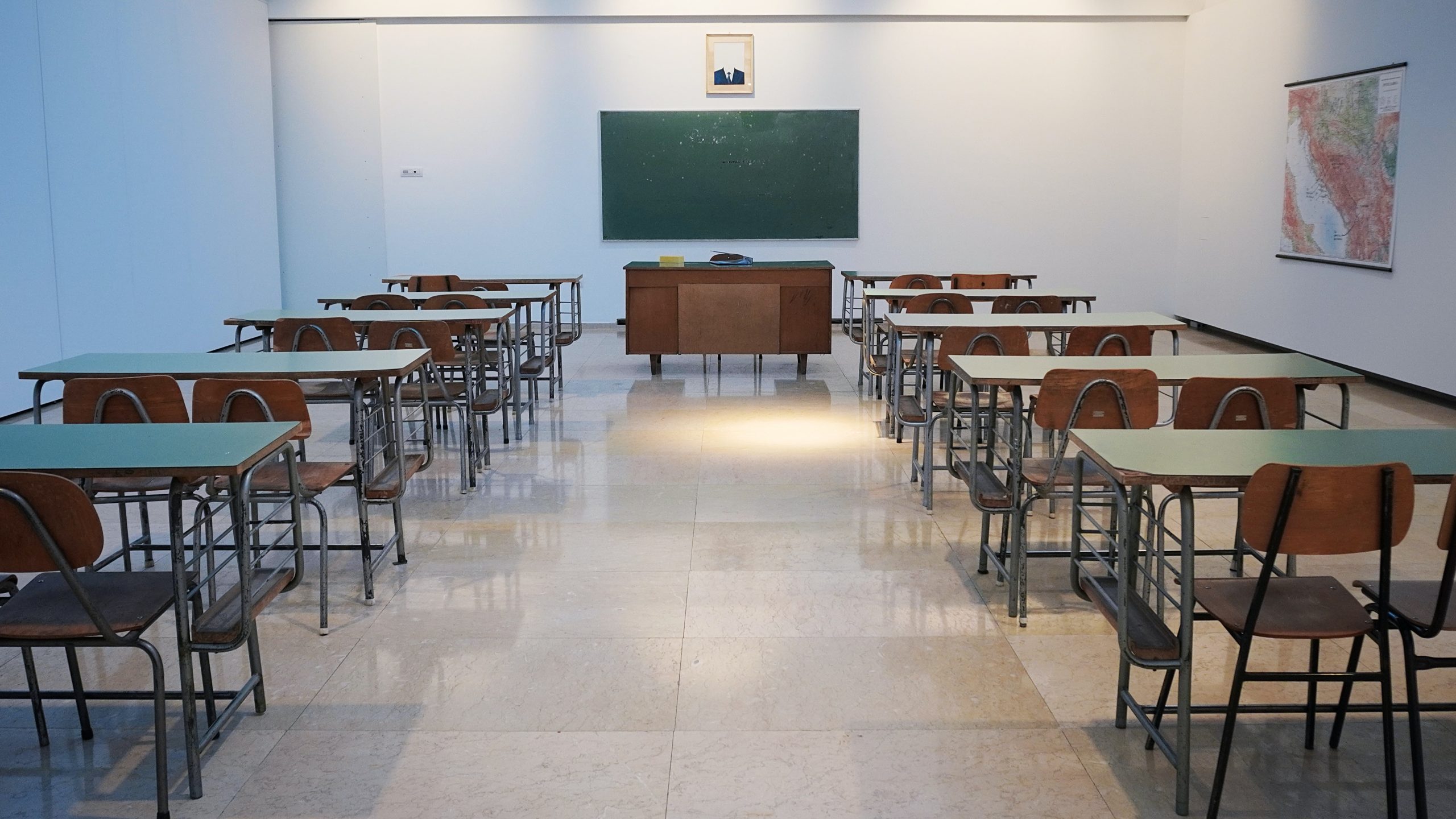The Evidence Speaks Series is a recurring feature highlighting the latest in CHÉOS research. This series features summaries of select publications and is designed to keep media and the research community up to date with CHÉOS’ current research results in the health outcomes field. In recognition of the International Day of Education on January 24, this edition is focused on schools and education.
To ensure this research is quick and easy to share, we are now providing social cards that you are free to save and use as you see fit.
A positive school environment is vital for refugee children’s emotional health
Emerson SD, Petteni MG, Guhn M, Oberle E, Georgiades K, Milbrath C, Janus M, Schonert-Reichl KA, Gadermann AM. Social context factors and refugee children’s emotional health. Soc Psychiatry Psychiatr Epidemiol. 2021 Sep 25 epub ahead of print.
CHÉOS Scientist Dr. Anne Gadermann worked with colleagues from the Human Early Learning Partnership and Offord Centre for Child Studies at McMaster University to understand the associations between social factors, such as feelings of belonging and support from adults, and emotional health in refugee children. Data from 682 refugee children, who responded to the Middle Years Development Instrument (a survey of social and emotional competencies and social context factors), were included in the study. The researchers determined that positive school environments were important to support the emotional health of refugee children, perhaps even more so than support from peers and adults at home. School-based programming that encourages a positive school environment could be an important aspect of supporting refugee children and their families.

—
Knowing someone with COVID-19 increases students’ anxiety
Vigo D, Jones L, Munthali R, Pei J, Westenberg J, Munro L, Judkowicz C, Wang AY, den Adel BV, Dulai J, Krausz M, Auerbach RP, Bruffaerts R, Yatham L, Gadermann A, Rush B, Xie H, Pendakur K, Richardson C. Investigating the effect of COVID-19 dissemination on symptoms of anxiety and depression among university students. BJPsych Open. 2021 Mar 19;7(2):e69.
CHÉOS Scientists Drs. Daniel Vigo, Michael Krausz, Anne Gadermann, Chris Richardson, and team examined the association between social proximity to COVID-19 and symptoms of anxiety and depression among UBC students. Using data from weekly surveys, completed by 1,388 respondents during the first wave of COVID, the study revealed that 5.6 per cent knew someone living in Vancouver who had the virus. Furthermore, knowing someone with COVID in Vancouver was associated with a 15 per cent increase in probability of anxiety symptoms among students, an effect that was more pronounced in men. Importantly, while the study revealed that 78 per cent of respondents had some symptoms of anxiety or depression, 10 per cent reported feeling emotionally overwhelmed and unable to access help. Overall, this study highlights the need for additional support for these students.

—
Noise reduction measures are needed in technology education shops
Summan AS, Bartlett K, Davies H, Koehoorn M. Noise exposure among teachers in technology educational shops in selected British Columbia, Canada, high schools. J Occup Environ Hyg. Aug 21 2020 epub ahead of print.
Technology education shops (TES) are designed to teach Canadian high school students trade skills. CHÉOS Scientist Dr. Mieke Koehoorn and colleagues from UBC investigated the levels of noise exposure on teachers working in wood-working, metal-working, and automotive TES, in order to understand its impact as an occupational hazard. The study was conducted across 10 high schools in B.C. and assessed exposure to noise for 17 TES teachers. The research highlighted that woodwork teachers experienced the highest noise exposure levels, with many different loud tools being used in class, none of which were fitted with noise controls. Teachers in metal-working and automotive TES were also exposed to high noise levels. Furthermore, background noise from ventilation systems and dust collectors, combined with reflective walls and ceilings in TES, also incurred high noise levels. The study concluded that TES teachers were exposed to noise levels that were higher than B.C.’s regulated limits. As a result, measures are needed to reduce noise exposure for TES teachers and improve the acoustical TES teaching environment.




